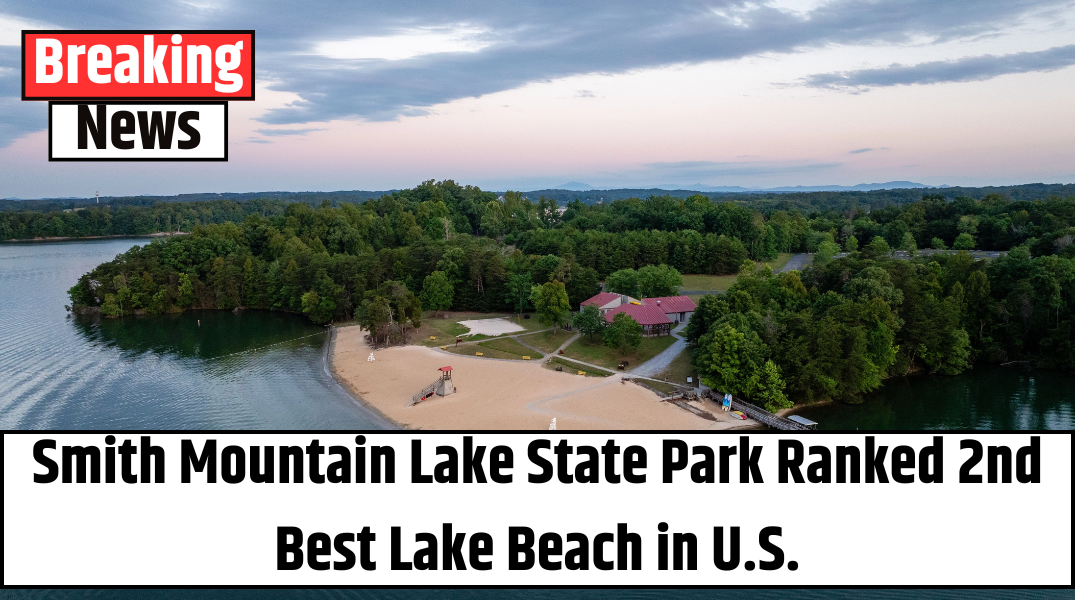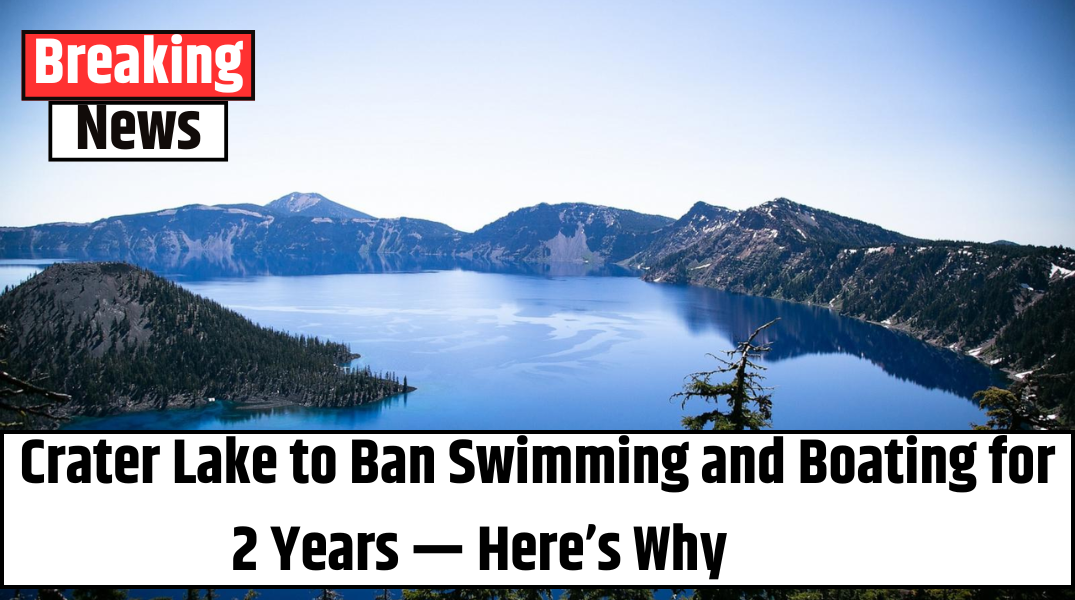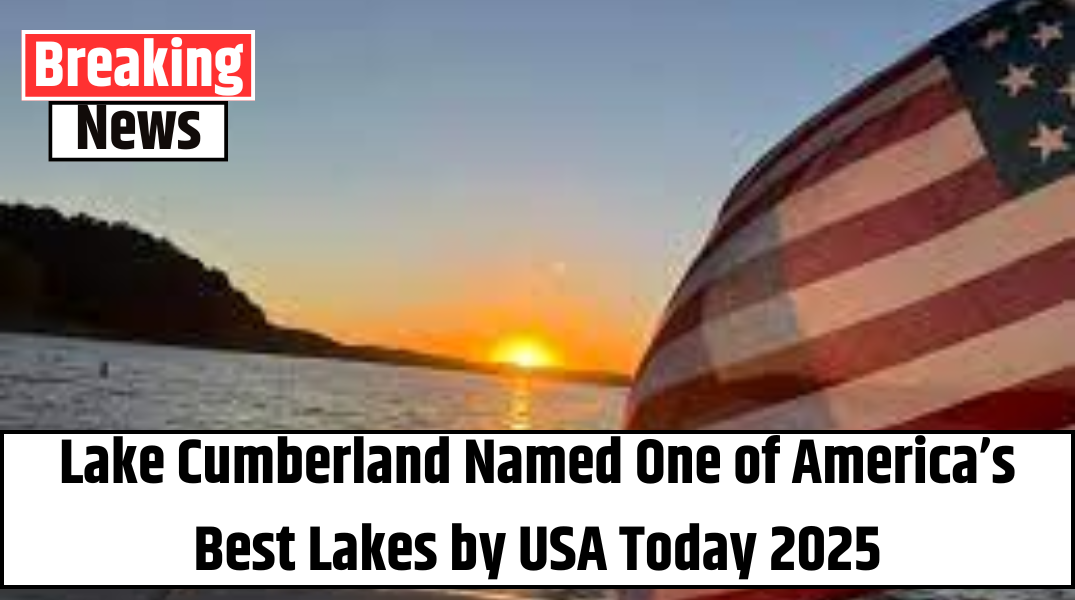In a landmark initiative to safeguard the health of Wisconsin’s waterways, a newly expanded coalition has become the largest alliance of its kind in both state and national history, uniting voices against the environmental impact of wake-enhanced boating.
Known as the Coalition to Protect Wisconsin’s Lakes, the group now includes 80 member organizations from across the state. These range from conservation and angling groups to regional lake associations, including Oneida County Lakes and Rivers, Friends of Kettle Moraine, and Walleyes for Tomorrow (WFT).
Walleyes for Tomorrow joined the coalition in September 2024, citing its mission to protect and enhance spawning habitats for walleye and sauger, two species central to Wisconsin’s ecological and economic landscape.
“Wake-enhanced boating disrupts lake ecosystems,” explained Mike Arrowwood, Chairperson of WFT. “The churning motion stirs up sediment and sends cloudy water across vital spawning areas. It puts the sustainability of our fisheries—and the future of walleye populations—at real risk.”
Also Read – New Map Reveals Dropping Water Levels Across Major U.S. Lakes
The coalition formed in response to growing concerns about wake boats, which create large, artificial waves that can damage shorelines, erode natural habitat, and reduce water quality. These effects ripple beyond the surface, impacting fish breeding grounds and recreational experiences for other lake users.
Cody Kamrowski, Executive Director of the Wisconsin Wildlife Federation, emphasized the groundswell of support: “The coalition’s rapid, grassroots expansion underscores how passionate Wisconsin residents are about protecting our lakes. This isn’t just about boats—it’s about preserving clean water and healthy wildlife for future generations.”
With momentum building, the coalition aims to work with legislators and environmental officials to enact stronger regulations on wake-enhanced boating and promote public awareness of lake-friendly recreational practices.
As the summer season draws more visitors to Wisconsin’s lakes, the coalition is sending a clear message: recreation should never come at the cost of environmental degradation.












